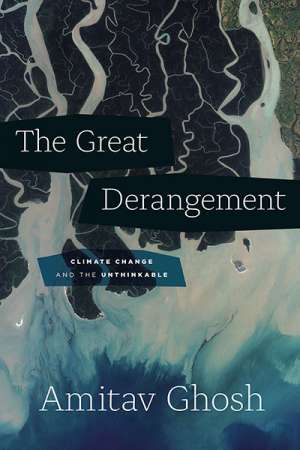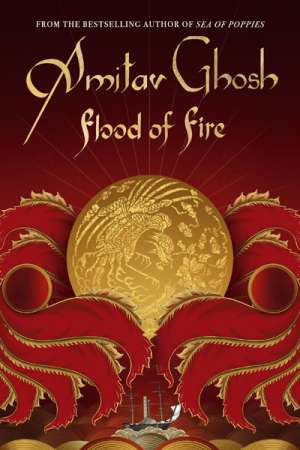Amitav Ghosh
Killian Quigley reviews 'The Nutmeg’s Curse: Parables for a planet in crisis' by Amitav Ghosh
Approximately 37,000 years ago, a volcano erupted in the south-east corner of the continent now known, in settler-colonial parlance, as Australia. His name is Budj Bim. As his lava spread and cooled, Budj Bim’s local relations, the Gunditjmara people, set about developing new ways of managing the changing landscape. They would engineer, most famously, a large and sophisticated aquaculture system, one dedicated in particular to the raising and harvesting of Kooyang, or eels. This infrastructure, explains Gunditjmara man Damein Bell, was instrumental in providing food to ‘one of the largest population settlements in Australia before Europeans arrived’.
... (read more)Tom Griffiths reviews 'The Great Derangement: Climate change and the unthinkable' by Amitav Ghosh
The planet is alive, says Indian novelist Amitav Ghosh, and only for the last three centuries have we forgotten that. This is because humans are suffering from ‘The Great Derangement’, a disturbing condition which this book analyses with wisdom and grace. Ghosh foresees that future citizens of a world transformed by climate change will look back at our time and perceive that ‘most forms of art and literature were drawn into the modes of concealment that prevented people from recognising the realities of their plight’ ...
... (read more)Amitav Ghosh has spent more than ten years writing the Ibis trilogy, his fictional account of the turbulent years leading to the First Opium War of 1839–42. Flood of Fire follows Sea of Poppies (2008) and River of Smoke (2011). It is unnecessary to have read the earlier books, though reuniting with some of the characters is enjo ...



